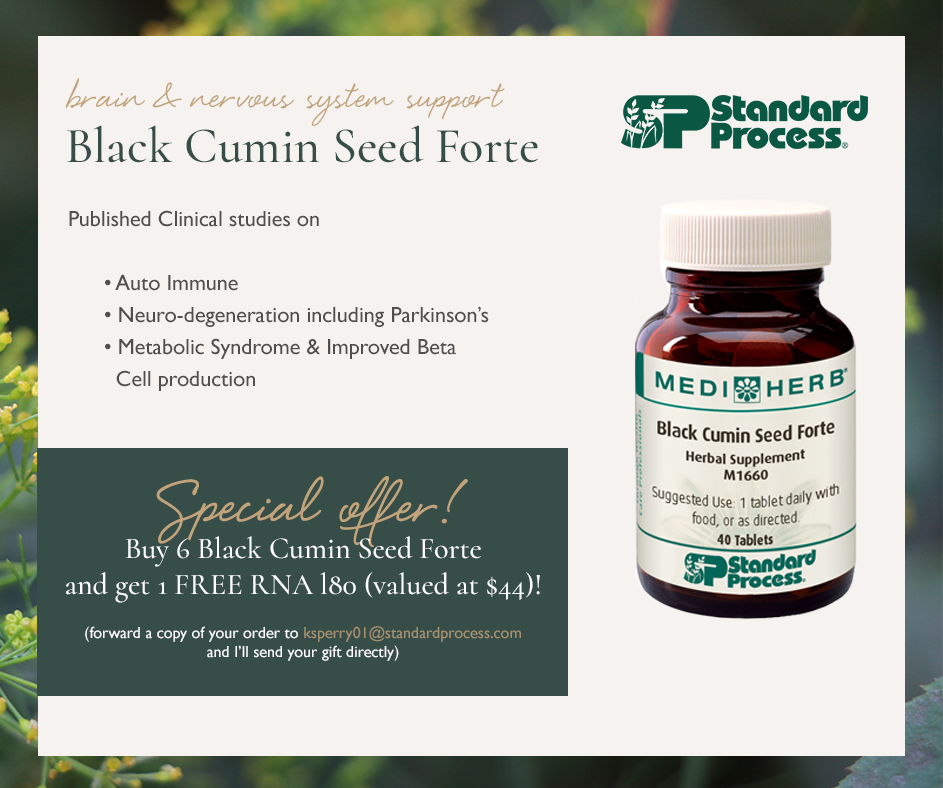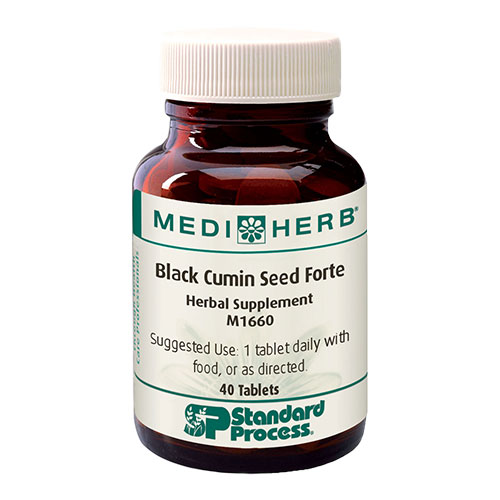
Known as a ‘miracle herb’, Nigella Sativa has been used for centuries as a medicinal plant throughout the entire world. The Prophet Mohammad had described the healing powers of the Black Seeds against a variety of diseases. In Islamic literature, it is considered one of the greatest forms of healing medicine-and has great value today!
With the evolution of antibiotic resistance against bacteria, fungus, bacteria, and viruses, it seems to make really good sense to eat a plant that has survived for multiple centuries, like Nigella (aka Black Cumin Seed).
The seed is not only the main reproductive organ of an herb but considered a nutritional powerhouse in Traditional Chinese Medicine. The seed possesses important medicinal properties and is often used as a component in modern-day pharmaceutical products. In Nigella Sativa’s case, Thymoquinone is an emerging natural drug with a wide range of medical applications.
The seeds/oil have anti-inflammatory, analgesic, antipyretic (to reduce fever), antimicrobial, and antineoplastic (cancer) activity. In recent decades, it’s been clinically observed and proven to be highly supportive of the body in general, including:
- Addictions including Opioid dependence
- Allergies including Seasonal Allergies
- Auto-Immune including Hashimoto’s
- Brain Support-especially substantia nigra (associated with Parkinson’s and Neurodegeneration)
- Histamine Intolerance- is now being observed as a key indicator for all female issues including excessive bleeding, painful periods, and PMS.
- Nervous System Degeneration/Toxicity
Belinda Burnside of Nimbus Osteopathic Bodywork & Healing shares how she uses it for Seasonal Allergies:
Here’s a ‘New Black’ product special that runs right up to Halloween! Just email me a copy of your order and I’ll ship the RNA directly to you.

References
- A review on therapeutic potential of Nigella sativa: A miracle herb
- Thymoquinone: an emerging natural drug with a wide range of medical applications
- Ali BH, Blunden G. Phytotherapy Research: An international journal devoted to pharmacological and toxicological evaluation of natural product derivatives. 2003 Apr; 17(4): 299-305
